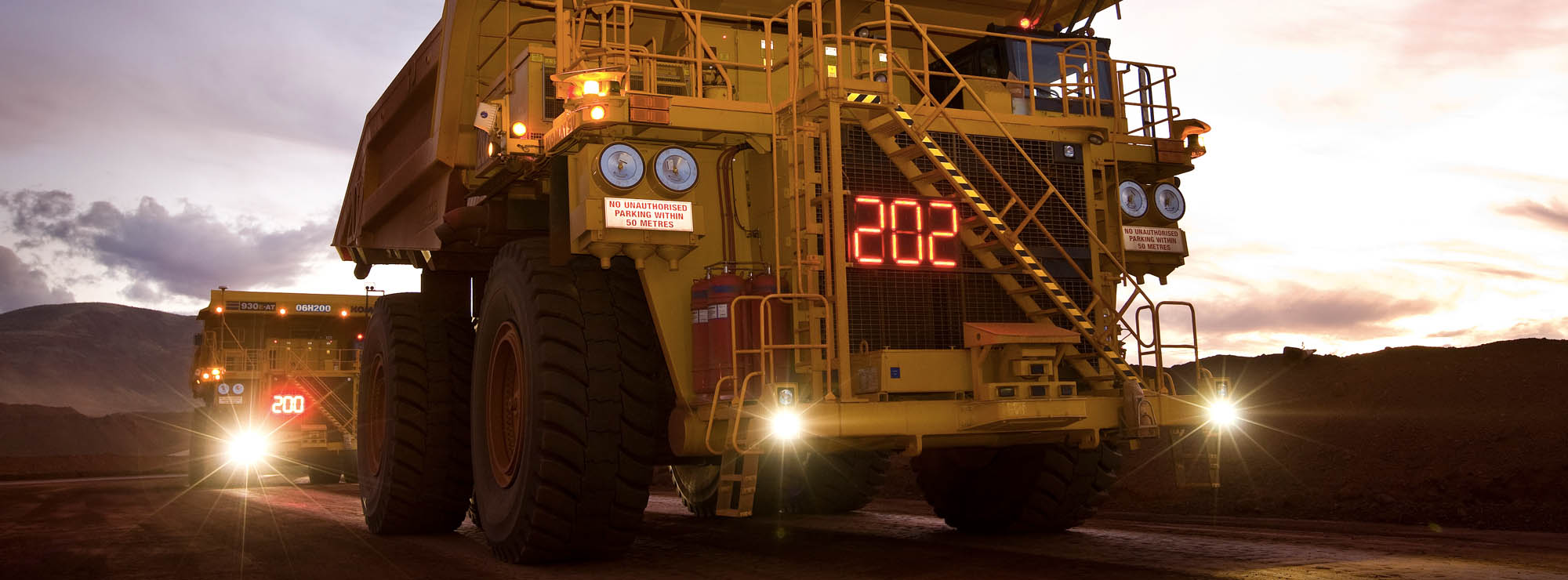WHY THIS MATTERS IN BRIEF
As the US government changes its tariff policies as frequently as the wind changes companies of all sizes are reeling from the impacts and need help.
 Love the Exponential Future? Join our XPotential Community, future proof yourself with courses from XPotential University, read about exponential tech and trends, connect, watch a keynote, or browse my blog.
Love the Exponential Future? Join our XPotential Community, future proof yourself with courses from XPotential University, read about exponential tech and trends, connect, watch a keynote, or browse my blog.
Maersk’s new Artificial Intelligence (AI) powered Trade & Tariff Studio helps cargo owners cut costs, reduce delays and meet growing environmental and customs compliance demands, and in a time when tariffs change every few minutes on a presidential whim it’s also immensely helpful to companies struggling with the uncertainty of tariffs.
In an era of global uncertainty, supply chain headaches, and increasingly stringent environmental regulation, A.P. Moller – Maersk is betting on something more than logistics expertise to steer its clients through the chaos.
With the launch of the Maersk Trade & Tariff Studio, the Danish shipping and logistics giant is combining artificial intelligence, regulatory insight and sustainability smarts to bring much-needed order to international trade.
Tariffs are no longer just a line item on a spreadsheet – they’ve become a moving target.
“Today’s environment is defined by unpredictability, with newly imposed and suddenly postponed tariffs creating what many of our customers describe as ‘tariff chaos’,” says Lars Karlsson, Global Head of Trade & Customs Consulting at Maersk.
It’s a chaos that’s costing businesses dearly – not just in delayed shipments and compliance missteps, but also in missed opportunities for sustainability.
The Trade & Tariff Studio is Maersk’s answer to this increasingly volatile landscape. More than just a compliance platform, the system is a real-time, AI-powered customs navigator that allows cargo owners to react quickly to tariff updates, optimise duty payments and even cut carbon – an area where sustainability and supply chains increasingly collide.
By mapping more than 6,000 product codes and 20,000 subcodes to their appropriate tariff classifications, the platform eliminates human error and the inefficiencies of outdated systems. In doing so, it supports smarter, greener trade strategies.
And here’s the kicker: Maersk’s own internal research found that companies overpay duties by 5–6% on average, due to decentralised customs handling and missed Free Trade Agreement (FTA) opportunities. That’s not just bad for business – it’s bad for sustainability. Those missed FTAs often come with environmental stipulations or incentives, meaning businesses are overlooking low-carbon options too.
Modern customs compliance is no longer just about clearing borders. It’s about clearing them ethically, transparently and in accordance with increasingly complex environmental laws.
Whether it’s the EU’s Carbon Border Adjustment Mechanism (CBAM) or deforestation regulations, cargo owners face a new paradigm: if your goods don’t comply, they don’t move.
Maersk’s tool is designed with this in mind. It screens for regulatory red flags before shipments go out the door, helping companies avoid carbon-related compliance breaches and environmentally damaging oversights.
The platform’s AI and live data integration means it’s constantly updated with the latest rule changes. That includes not only tariff codes, but also environmental criteria – key for cargo owners moving goods subject to emissions-based penalties. With 2,700 customs experts worldwide feeding insights into the platform, Maersk ensures human expertise still anchors the machine.
The combination of automation and localised intelligence is what makes the Trade & Tariff Studio more than a smart spreadsheet. It’s a strategic sustainability enabler. Despite the technology’s complexity, Maersk has made it flexible. Companies can continue working with their trusted local brokers while gaining global visibility via a single platform. This hybrid approach reflects a larger sustainability lesson: efficiency is not about disruption, it’s about integration.
“Customs declaration is one of the most complex areas in global logistics,” Lars says. “With our solution we are not only simplifying that complexity – we are turning it into a competitive advantage for our customers.”
That advantage isn’t just about avoiding delays or cutting costs. It’s about enabling smarter, more sustainable trade routes – routes that lower emissions, reduce waste, and meet the rising expectations of regulators and consumers alike.
As the first rollout in the US is already underway – with a global expansion coming in later this year – Maersk’s digital leap also signals a shift in mindset. Compliance is no longer a box-ticking exercise, it’s a sustainability strategy.
By bringing together tariff optimisation and environmental alignment in one tool, Maersk is rewriting the playbook on cross-border commerce. In a world where even carbon has a price, the Trade & Tariff Studio isn’t just an AI-powered platform. It’s a climate-conscious compass for modern trade. And as Maersk positions itself as both a logistics leader and sustainability partner, one thing is clear: greener trade doesn’t just start at the port – it starts with the paperwork.















